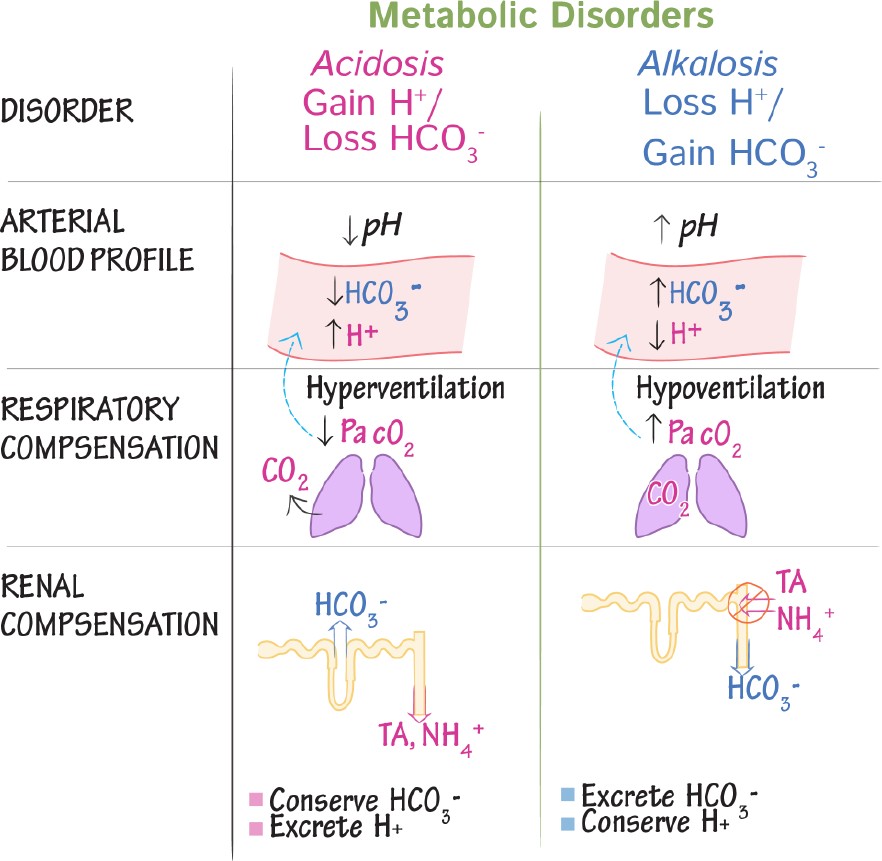A nurse is reviewing the medical history of a patient who is preoperative for surgery. Which of the following findings places the patient at risk for a postoperative complication?
Obstructive sleep apnea
Glucose level 75 mg/dL
BMI 24
Increased anxiety
The Correct Answer is A
Choice A reason: Obstructive sleep apnea can increase the risk of postoperative complications due to potential breathing problems and the effects of anesthesia.
Choice B reason: A glucose level of 75 mg/dL is within the normal fasting range (70-99 mg/dL) and does not typically place a patient at increased risk for postoperative complications.
Choice C reason: A BMI of 24 falls within the normal weight range (18.5-24.9) and is not considered a risk factor for postoperative complications.
Choice D reason: While increased anxiety can affect a patient's experience, it is not a direct risk factor for postoperative complications like obstructive sleep apnea is.
Nursing Test Bank
Naxlex Comprehensive Predictor Exams
Related Questions
Correct Answer is C
Explanation
Choice A reason: Metabolic alkalosis is characterized by a high pH and a high HCO3 level, which is not present in this scenario.
Choice B reason: Respiratory acidosis is characterized by a high PaCO2 and a low pH. Although the pH is low here, the PaCO2 is also low, ruling out respiratory acidosis.
Choice C reason: Metabolic acidosis is indicated by a low pH and a low HCO3 level, which aligns with the patient's ABG results.
Choice D reason: Respiratory alkalosis would present with a high pH and a low PaCO2, which is not the case here.

Correct Answer is B
Explanation
Choice A reason: Hydrochlorothiazide is a thiazide diuretic that typically causes potassium loss, not hyperkalemia.
Choice B reason: Spironolactone is a potassium-sparing diuretic, which can lead to an increase in potassium levels, potentially causing hyperkalemia.
Choice C reason: Furosemide is a loop diuretic that usually results in potassium loss, not hyperkalemia.
Choice D reason: Mannitol is an osmotic diuretic that does not typically cause hyperkalemia.
Whether you are a student looking to ace your exams or a practicing nurse seeking to enhance your expertise , our nursing education contents will empower you with the confidence and competence to make a difference in the lives of patients and become a respected leader in the healthcare field.
Visit Naxlex, invest in your future and unlock endless possibilities with our unparalleled nursing education contents today
Report Wrong Answer on the Current Question
Do you disagree with the answer? If yes, what is your expected answer? Explain.
Kindly be descriptive with the issue you are facing.
